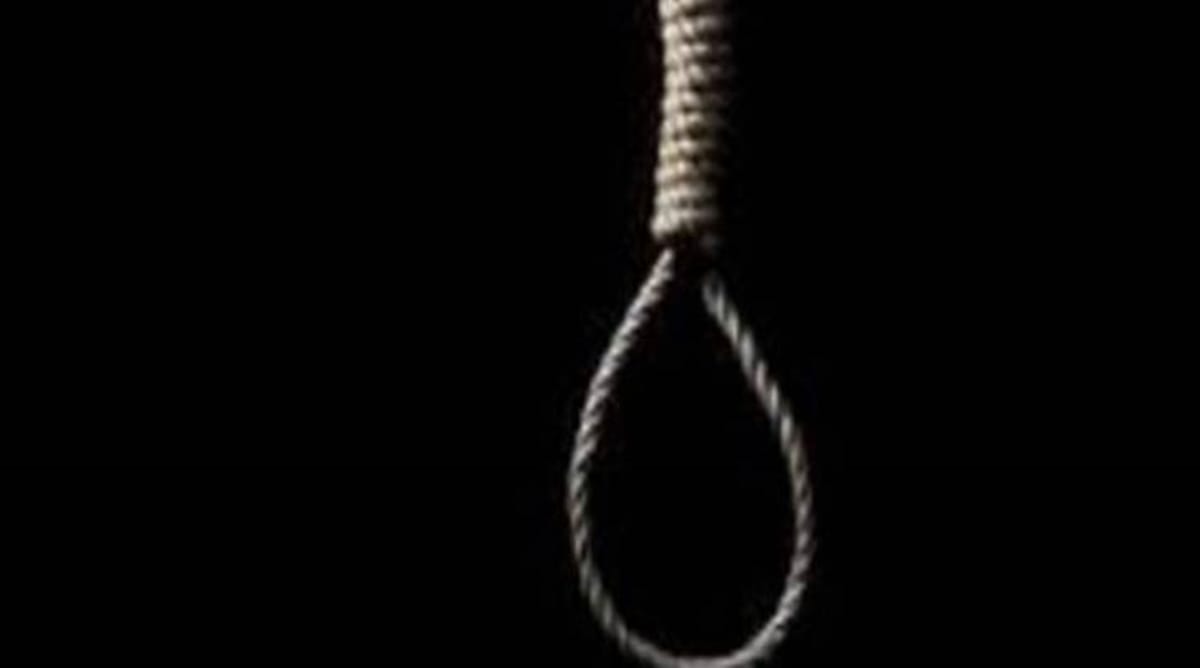December 19, 2020 4:11:55 pm

Singapore’s Misuse of Drugs Act provides for death penalty when the amount of heroin trafficked exceeds 15 gram. On Friday, the the Court of Appeal acquitted Krissamy and also ordered the drug trafficking charges against Imran and Tamilselvam to be amended. (Image/Representational)
A Malaysian man of Indian origin was spared the gallows after he was acquitted in a drug trafficking case by a Singapore court, according to a media report.
Pragas Krissamy was among three men sentenced to death by the High Court last year for their involvement in a transaction of 19.42 gram of heroin in 2017, The Straits Times reported on Friday.
He was 34 then, while the other two — a Singaporean national, Imran Mohd Arip, and another Indian-origin Malaysian man, Tamilselvam Yagasvranan — were 49 and 32, respectively.
Singapore’s Misuse of Drugs Act provides for the death penalty when the amount of heroin trafficked exceeds 15 gram. On Friday, the Court of Appeal acquitted Krissamy and also ordered the drug trafficking charges against Imran and Tamilselvam to be amended.
On February 2017, the trio met at a building in the Jurong West Street where Krissamy handed the heroin to Imran before leaving with Tamilselvam. The three men were arrested shortly after the transaction took place.
They were eventually convicted in the High Court and sentenced to death, which they subsequently appealed against.
Among other things, the court found that Krissamy was “willfully blind” to the drugs despite his claim that he had believed he was carrying contraband cigarettes and did not know about the drugs. ‘Wilful blindness’ is a legal term to describe a person deliberately shutting his eyes to the truth, and implies that had he opened his eyes, he would have seen it.
The High Court then ruled that Krissamy had “a clear, grounded and targeted suspicion” of what he was to deliver – which is an element of “wilful blindness” – based on three reasons.
The first was that he was aware that he was overpaid for assisting in the delivery of the contraband cigarettes. The second reason was that there was a difference between the weight of the drugs in his backpack and that of two cartons of cigarettes, which Krissamy had claimed he was told to help deliver. The last reason was that the system of delivery by him and Tamilselvam on February 8, 2017, was “wholly out of keeping” with the delivery of contraband cigarettes.
But the Court of Appeal disagreed with the high court’s ruling, finding that the prosecution had failed to prove beyond a reasonable doubt that Pragas had such suspicion.
The apex court held that there was insufficient evidence to show that Pragas was aware that he was being overpaid for his role in the February 8 delivery. The Court of Appeal also accepted Pragas’ explanation that he did not notice that the weight of his backpack was different from that of two cartons of cigarettes, noting that the difference in weight was “marginal” of about 380 gram.
The apex court additionally ruled, among other things, that there was no evidence on the usual mode of delivery of contraband cigarettes in Singapore.
This article is auto-generated by Algorithm Source: indianexpress.com


